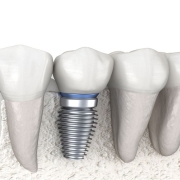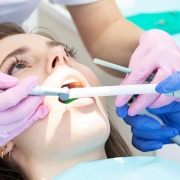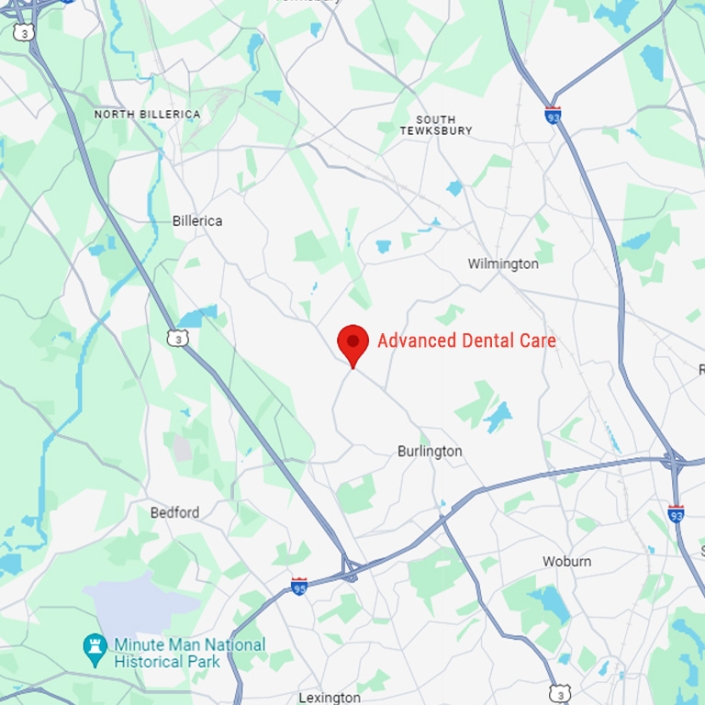4 Common Reasons For Dental Implant Failure
When you get dental implants, it’s one of the best decisions you can make for your oral health. First of all, missing teeth can’t be ignored. They need to be addressed, and dental implants are a restoration procedure that’s natural-looking and permanent—at least they’re supposed to be permanent. But every once in a blue moon, dental implants do fail. Here are some common reasons why this happens.
1. Poor Oral Hygiene
Just like natural teeth, dental implants in Burlington, MA need daily brushing, flossing and regular dental checkups. Without proper oral care, plaque can build up around the implant, leading to gum inflammation and infection, which can compromise the implant’s stability.
2. Inadequate Bone Support
Successful implants rely on a strong jawbone to anchor them in place. If a patient has experienced bone loss due to gum disease, trauma, or long-term tooth loss, the bone may be too weak to support an implant. In such cases, a bone graft may be necessary before placement.
3. Medical Conditions
Certain health conditions, such as uncontrolled diabetes, autoimmune diseases, or osteoporosis, can interfere with the body’s ability to heal and integrate the implant with the bone. It’s important for patients to share their full medical history with their dentist or oral surgeon before treatment.
4. Implant Misplacement or Overload
Improper placement or too much pressure on the implant too soon can prevent it from fusing properly with the bone. This can happen if the bite isn’t balanced or if the implant is placed in a high-stress area without adequate planning, one of many reasons why it’s so important to get dental implants from a qualified dentist in Burlington, MA.
Dental implants are highly successful when planned and maintained correctly. By understanding these risk factors and working closely with your dental team, you can help ensure the long-term success of your implant and enjoy a healthier, more confident smile.










